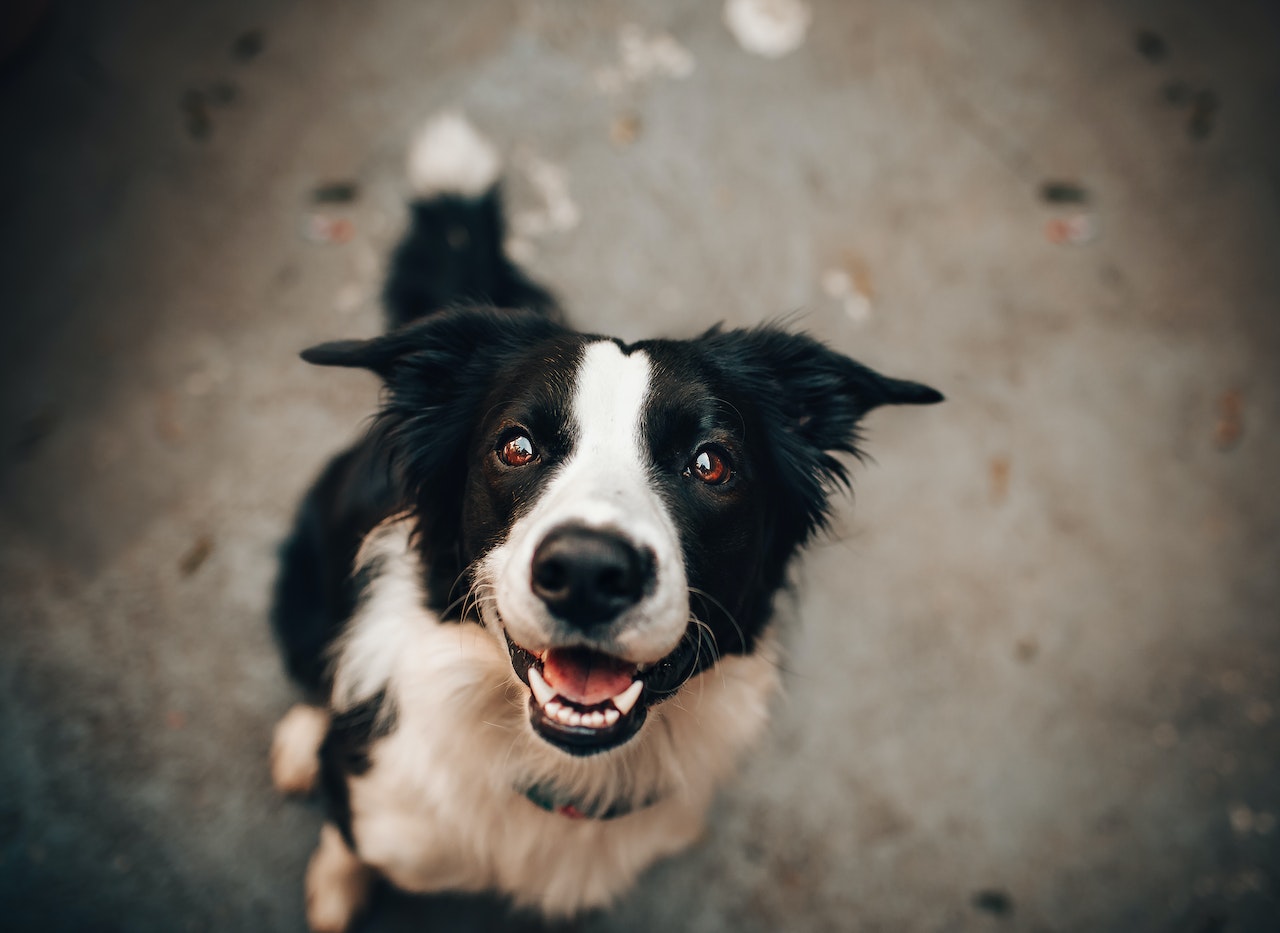
15 Sep What is a Board-Certified Veterinary Dentist?
Welcome to my blog. In the future, I will address topics in veterinary dentistry based on questions that I have received through the years. But first, I would like to discuss a question that many people have…what is a board-certified veterinary dentist™? A board-certified veterinary dentist is a specialized Veterinarian who has undergone advanced training and education in the field of veterinary dentistry and oral health for animals. This level of certification indicates that the individual has met specific requirements and demonstrated a high level of expertise in diagnosing, treating, and preventing dental and oral issues in various animal species.
The Process of becoming Board-Certified
The process to become a board-certified veterinary dentist™ includes:
- Graduation from a veterinary school: The individual must first complete their Doctor of Veterinary Medicine (DVM) degree from an accredited veterinary school.
- Clinical experience: After obtaining their DVM, the individual typically gains practical experience in veterinary practice, including exposure to dental and oral health cases. For me, it was 20 years of clinical experience in general medicine prior to starting my residency.
- Advanced training: To become a specialist in veterinary dentistry, the individual needs to complete additional training in the form of a residency program. These programs last for 3-6 years and provide in-depth training in the areas of oral pathology, oral surgery, radiology, periodontics, endodontics, operative dentistry, and other dental disciplines. My 6-year residency was completed during my time working in general practice.
- Board certification: After completing a residency program, the veterinarian can apply to become board-certified by the American Veterinary Dental College (Home – Setting the standard for veterinary dentistry. (avdc.org)). To achieve certification, candidates need to pass a comprehensive written, bench, and practical examination that assesses their knowledge and skills in veterinary dentistry. I passed the written and bench exams in 2017, and the practical exam in 2018.
- Maintenance of certification: Once certified, veterinary dentists need to engage in ongoing activities to maintain their board certification. For me, this has included continuing education, teaching, publishing, and participation in the training support committee, helping residents successfully navigate their residency program.
WHY SHOULD I GO TO A BOARD-CERTIFIED DENTIST?
As a board-certified veterinary dentist™, I have had advanced training in diagnosing and treating a wide range of dental and oral health issues in animals. Many of my patients have been referred to me by their primary veterinarian. Other pet owners seek me out directly. Some veterinarians have had enough dental training to recognize more complex dental problems and know when it is appropriate for those problems to be treated by a specialist. Some veterinarians, even though they are not specialists, have extensive dental training and capabilities over other general practice veterinarians, but still know when a specialist should be involved. In fact, some veterinary colleges only teach the minimum of basic dentistry knowledge to veterinarians in training, and prior to 2020, many veterinary colleges provided no dental training. In addition to providing dental services to patients in my office, I provide consultation services to local and distant veterinarians, in order to help them provide improved dental care for their patients.
My work includes dental cleaning, difficult or extensive extractions, root canal, and other endodontic procedures, treating periodontal disease, restorative procedures, oral tumor removal, oral fractures, other oral surgeries, orthodontics, treating medical conditions that affect the oral cavity, and more. Comprehensive oral care contributes to the overall health and well-being of animals, just like with humans. At Animal Dental Specialists of Nevada, I also have advanced imaging, in the form of cone-beam computed tomography (CBCT), which provides accurate 3D imaging of the facial bones and dental structures. Because anesthesia is required for all effective dental procedures in veterinary medicine, part of my training in dentistry included extensive training in anesthesia. In addition to this, my office has an ongoing arrangement with a board-certified veterinary anesthesiologist, Dr. Martin Kennedy. Dr. Kennedy is available for anesthetic planning prior to procedures. For higher-risk patients, Dr. Kennedy is able to live-stream our anesthetic monitoring equipment and be present virtually to assist with anesthesia. In addition, I often collaborate with other veterinary specialists, such as oral surgeons, radiologists, and internal medicine specialists, to provide the best comprehensive care plan for complex cases. Finally, I have direct access to a veterinary cardiologist, Dr. Scott Forney, for cardiac consultations prior to anesthesia (Animal Cardiology Specialists of Nevada).
Take a look at our website for more information on the services we offer!
Please feel free to contact my office with any additional questions. You can also email me directly at: drhewitt@AnimalDentalNV.com
Brian Hewitt, DVM, DAVDC
Board-certified veterinary dentist™
Image by Helena Lopes from Pexels



